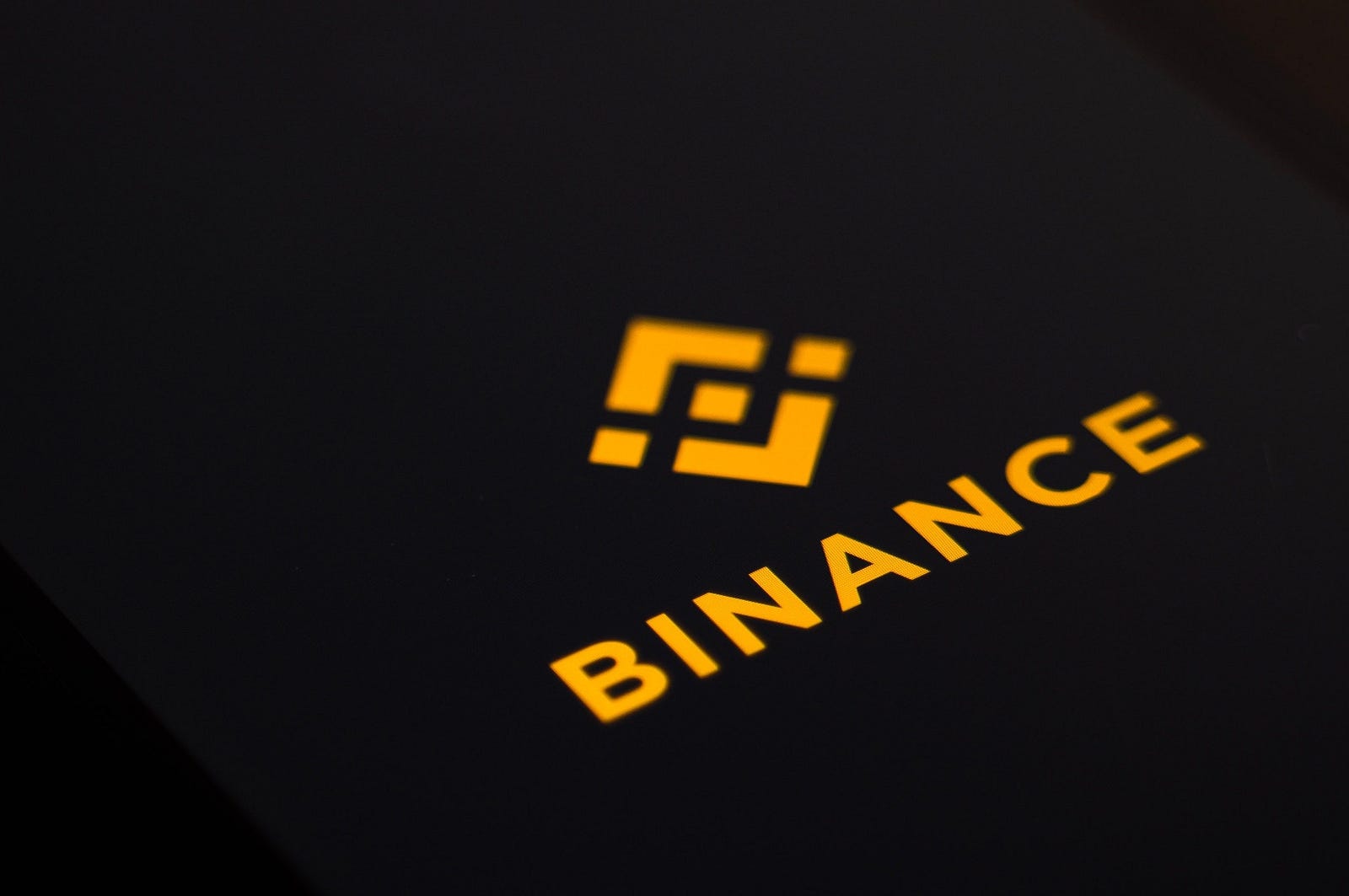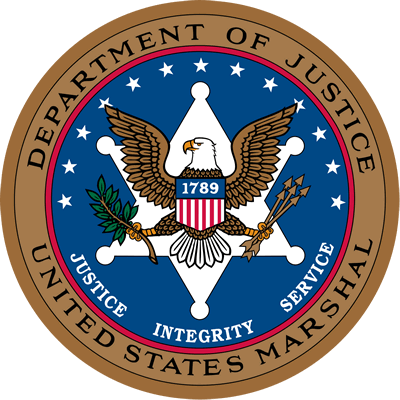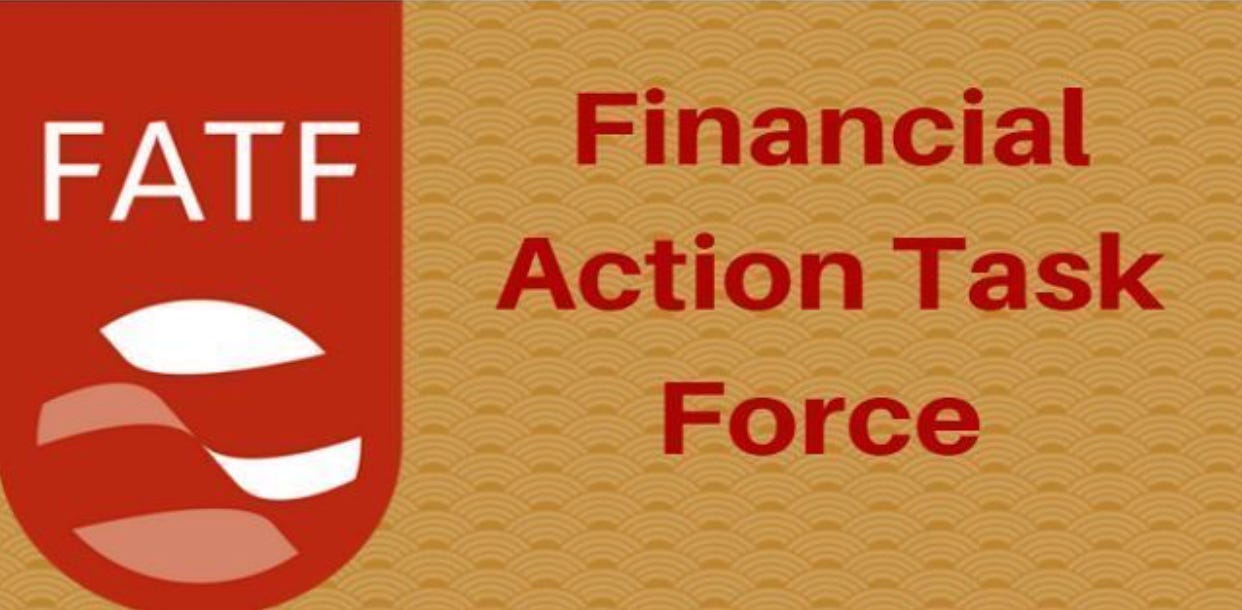Report: Is Binance in the US Government’s line of fire?
Ensuring you have contingency plans in place to cope with any potential fallout

The crypto market is in the habit of living in denial. XRP, Tether and the big one right now Binance. However, that white elephant, in the guise of the biggest crypto exchange in the world, could be about to get real.
Only a few days ago crypto bank Silvergate gave Binance notice that it would no longer do business with it. That meant that Binance would have to find alternative banking arrangements for clients to buy and sell cryptocurrency with US dollars.
On the face of it, that announcement wasn’t particularly newsworthy, receiving minimal coverage. However, ignore it at your peril. Let me explain why.
Silvergate is a Federal Reserve member bank and the leading provider of innovative financial infrastructure solutions and services for the cryptocurrency industry.

Silvergate is one of the few US banks, and definitely one of the most well respected financial institutions, that facilitates crypto business, with most mainstream banks shying away.
Binance will no doubt have no problem finding an alternative to Silvergate. One of the key requisites for any cryptocurrency entrepreneur is that they must be fleet of foot. You only have to look at Tether, the stable coin operator, to see the problems they have had to overcome, having sourced alternative banking arrangements on a number of occasions. They ended up banking with a Bahamas based financial institution, not a bank. This isn’t the problem…
In May Bloomberg reported Binance was under investigation by the Justice Department and Internal Revenue Service, citing people with knowledge of the matter.
As part of the inquiry, the officials who probe money laundering and tax offenses have sought information from individuals with insight into Binance’s business, the report said.
Binance responded with, “We take our legal obligations very seriously and engage with regulators and law enforcement in a collaborative fashion.” That is a boilerplate response which readers shouldn’t use as a guide to the true state of affairs.
A little about Binance
Binance was formed in 2017 after publishing a white paper– that raised $15 million through the sale of its token BNB. From relatively humble beginnings it has grown to be the largest exchange by volume. Binance’s volume in the last 24 hours was $19 billion. That compares to Coinbase, in number two spot, with $2.6 billion. Binance’s US operation, Binance.US is in the top five with over $500 million in volume. Binance is headquartered in the Cayman Islands after previous stints in China and Malta.
A little background to Binance’s practices
Binance no longer accepts business from the US citizens. Binance US launched four months after American users were barred from their site. Binance, from our brief investigations, appears compliant with US regulation, however, the big question is what about their legacy issues?
Before Binance’s new stringent KYC rules were implemented, they required no form of ID for certain transaction sizes. Obviously, Binance didn’t explain why they initially exited the US market. But the reasons are crystal clear.
As well as maintaining stringent KYC procedures, cryptocurrency exchanges require a money transmission licence to operate. The US Federal legislation views cryptocurrency as a commodity, which brings it under the purview of federal regulators, most notably the Financial Crimes Enforcement Network. FinCEN requires companies who deal with commodities to be registered as money service businesses (MSBs).
More specifically, regulators view most crypto-related businesses in the US as money transmitters. This subjects cryptocurrency exchanges to the US Bank Secrecy Act (BSA), which requires them to register and obtain an appropriate licence in each US state apart from Montana.
Before the launch of Binance US, few of the above requirements were adhered to. Their new entity may be following these rules and regulations now, but the question is, is it too late? Are the US authorities going to brush Binance’s numerous breaches of the law under the carpet? US law enforcement has a long memory.
We believe that these legacy issues will come back and bite Binance.
Working behind the scenes
They say there is no smoke without fire. This is particularly the case when there are reports of ‘insiders’ being contacted by law enforcement. This is common prior to a complaint or indictment. The Silvergate announcement is relevant to assessing the current position with the Government’s investigation. It is likely that Silvergate were handed a subpoena to provide all banking records relating to their dealings with Binance. Banks are in the habit of cutting ties with their clients as soon as they recover from the shock of the subpoena landing on their doorsteps. Banks are about mitigating risks.
Assuming the IRS and or the Department of Justice have a strong enough case then within the next twelve months it is very likely Binance will be on the receiving end of a complaint or indictment. The DOJ rarely starts inquiries and drops them through lack of evidence. It works the other way round. They believe they have a case and then they work to build the evidence to prove it. This is the process they are likely going through now. So in our opinion it isn’t if Binance is a target of the US Government it is when and how bad.

What Is the likely outcome?
The likely outcome is a hefty fine for operating without a licence and lax AML and CFT procedures in place, in the same way as Ripple Labs settled to resolve potential criminal charges. That could run into hundreds of millions of dollars. There is an outside chance of criminal action against the founder CZ and his key officers for breaching bank secrecy laws and operating without a money transmitter licence.
In reality, Binance did have KYC processes in place for some US investors, depending on their transaction sizes. This could save them, however, their blatant disregard of Federal money transmission laws combined with lax KYC rules could lead to criminal action and is certain to lead to a hefty financial penalty.
One of Binance’s biggest tests is whether the UK regulator will approve its proposed UK business. It was supposed to launch in ‘the summer’ of 2020 but it is still showing as coming soon. If there are issues back in the US, it is unlikely the UK’s FCA will approve their business.

The Financial Action Task Force (FATF) has already hinted at Binance as an exchange avoiding regulation. More recently there is talk that both Tether and Binance’s native token BNB are in fact securities and that the US’s Securities Exchange Commission (SEC) have them firmly in their sights too. To CZ, its fleet footed founder, it must appear as if the walls are closing in.
Potential effects on investors
If Binance comes under attack how could this affect investors assets? This all depends on the severity of the attack. If it is a heavy fine, Binance will shrug it off, and it will be business as usual, allowing them to put their old fly by night ways behind them for good. Problems for investors could arise if they are holding fiat on account or if Binance halts withdrawals from their central wallet. This seems to happen quite often when law enforcement involves itself in the affairs of central exchanges, look at OKEx for an example of that.
Actions recommended
Of course we are not saying don’t use Binance or other unregulated exchanges, we are saying make sure you have limited exposure if things go south. When it happens it will happen without warning. As a rule investors should reduce their exposure to all unregulated exchanges, which means limiting your holdings of cryptocurrency and or fiat on these exchanges.
Binance.US is probably safe and Binance’s blockchain Binance Smart Chain is also likely in the clear, although there will undoubtedly be some reputational damage for some time. It may seem that this article is overreacting but it is always better to be prepared. This is a real threat and investors should not ignore the many signs.
Not Financial Advice
This article does not constitute financial advice or a recommendation to buy in any way. Always do your own research and never invest more than you can afford to lose. Investing in cryptocurrencies is high risk, and you could lose 100% of your investment. The article should be treated as supplementary information to add to your existing knowledge.

Recent Comments